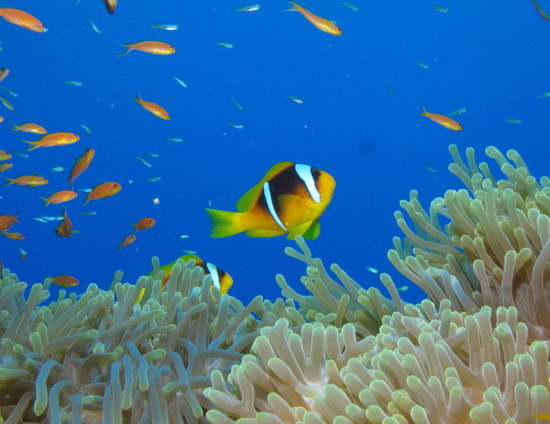
To their surprise, the result of the study predicted drastic and alarming changes. Given global warming, the rise in water temperatures was a major factor in the research, and it could prove to be a game changer as warm waters were observed to negatively affect fish and plant populations in the tropics. According to the research the two put together, if temperatures continue to rise, it may just drive away many fish species to seek what are now considered colder regions.
While this may improve the biodiversity in the arctic or polar regions, the invasion of different species may also trigger a negative effect on local ecosystems. There’s no telling what kind of effect this will have on the many migrating species as well. Aggressive evolution is just one possibility.
The one big loser if things continue to warm could very well be the tropics. Cheung, who is an associate professor at the UBC Fisheries Centre as well as co-author of the study, put it plain as day, “The tropics will be the overall losers.”
The bluntness is not an exaggeration. The loss of marine and plant life in the region is more than likely to drive local extinctions and affect communities in the area, negatively impacting not just the local ecosystems, but livelihood and living conditions as well. The research estimated the rate of migration could, at worse, happen at 26 km of migration per decade, especially if the earth continues to warm the estimated three degree Celsius by 2100. At best though, the migration could happen at 15 km per decade. But this better scenario, largely dependent on the idea that the earth will warm by a mere one degree Celsius. Either way, it’s going to deliver a devastating loss to fishing communities and the ecosystem.
(Photo courtesy of Derek Keats)
Comments